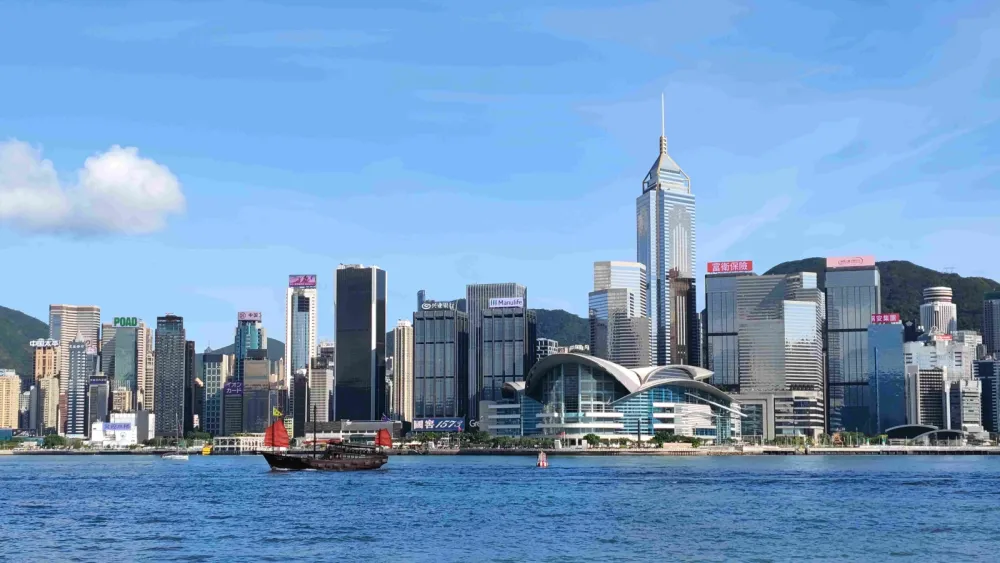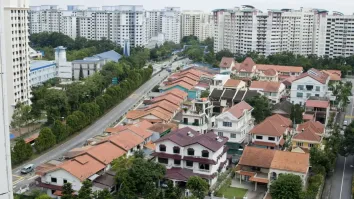
GDP growth may moderate to 2.2% in 2019 amidst cautious business sentiment: analyst
Q4 2018’s slower GDP growth was mainly driven by a significant drop in fixed investment growth to -5.4% YoY.
Hong Kong’s economy growth is forecasted to moderate to 2.2% YoY in 2019 from 3% in 2018 as it continues to face stiffer headwinds on the back of cautious consumer and business sentiment amidst lingering US-China trade uncertainty, according to a report by the Bank of America Merrill Lynch (BofAML).
In Q4, Hong Kong’s gross domestic product (GDP) growth ground to a halt at 1.5% which is significantly lower than the 3.7% GDP growth recorded in the first three quarters, financial secretary Paul Chan revealed in a blog post.
Also read: GDP growth grinds to a halt at 1.5% in Q4
“The slower GDP growth in Q4 2018 was mainly driven by a significant drop in fixed investment growth to -5.4% YoY from 9.2% in Q3,” Helen Qiao, China & Asia economist for Merrill Lynch Hong Kong, explained, adding that private consumption growth also softened to 3.1% YoY from 4.8% in Q3.
“On the other hand, government consumption growth increased to 5% YoY from 3.3% in Q3, contributing 0.5 percentage points (ppt) to headline GDP growth. Contribution of net exports rose to 1.4 ppt from -4.1 ppt in Q3, as growth of imports of goods and services to -0.5% YoY from 7.1% in Q3 moderated more than that of exports did,” Qiao added.
According Qiao, stronger fiscal support may buffer risks in 2019.
In the Hong Kong Budget 2019, Chan announced that the government projects the budget will stay in surplus in the current and upcoming fiscal year. However, the consolidated budget surplus is expected to shrink going forward into medium term on both slower growth in revenue income amid higher expenditure growth.
Also read: Hong Kong's 2018 budget surplus dropped 57% to $58.7b
The government revised up its fiscal surplus estimates to $58.7b from budgeted $46.6b for FY2018/19, due to lower estimates in both government revenue which was down by $ 8.1b and expenditure which was also down by $ 31.9b.
“Government revenue fell below the original estimates due to lower stamp duties and land premium, whilst expenditure was saved on lower-than-expected spending in public works projects and other initiatives,” Qiao said.
Meanwhile, the government continued to introduce one-off relief measures to support domestic demand which will include salaries and profit tax rebate, waiver of property rates, and extra allowances to social security recipients, albeit at a lower level than the last fiscal year.
“On the other hand, student grants came out higher than last year and new measures came in place (elderly Health Care Voucher Scheme and support for enterprises). All in all, the package of relief measures amounted to around $42.7b, below the $58.1b level seen in FY2018/19, primarily due to the absence of recurrent tax measures,” Qiao noted.
Notably, the government also plans to bring back the housing reserves to avoid distortion of government financial position and spread over until 2022-23.



















 Advertise
Advertise







